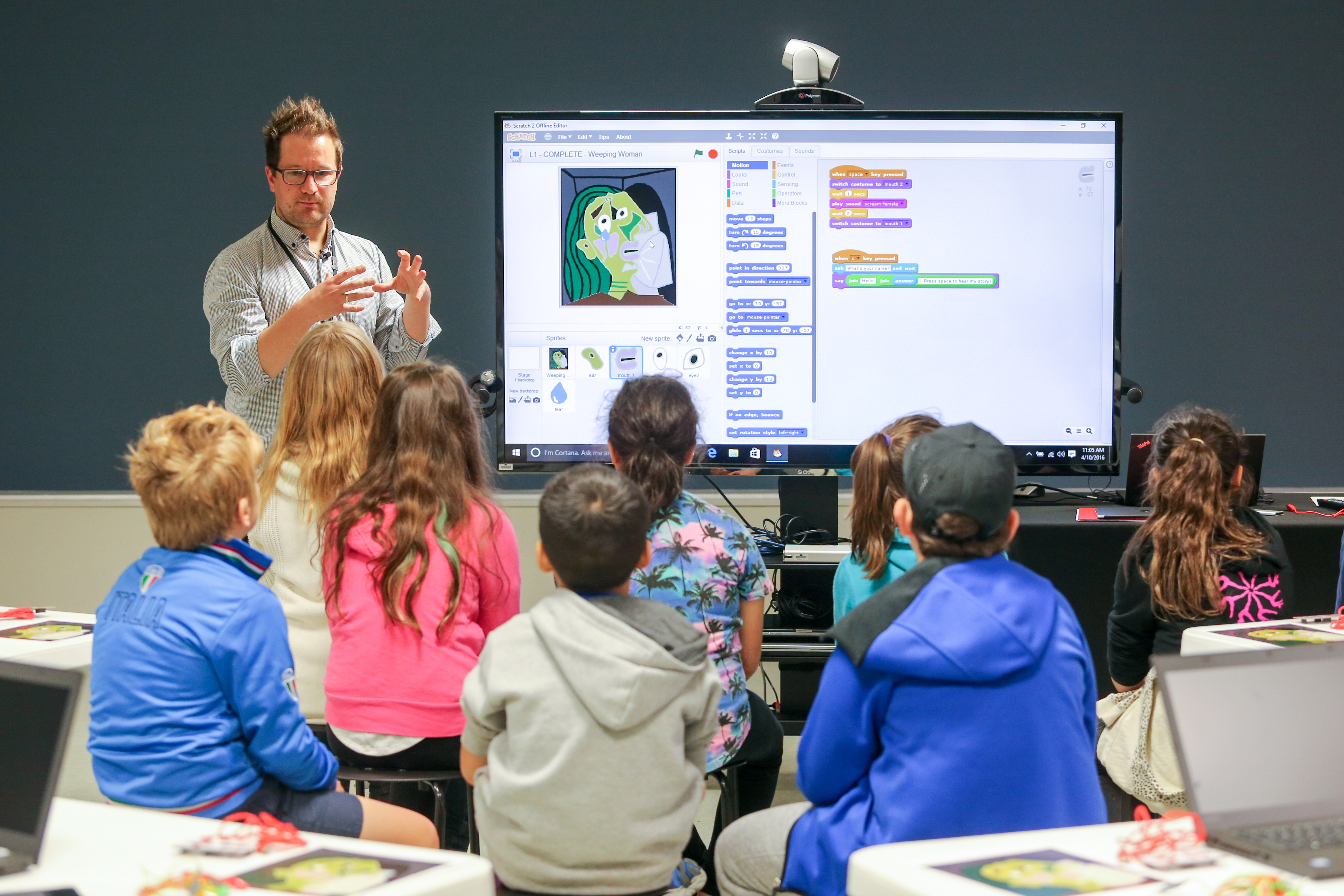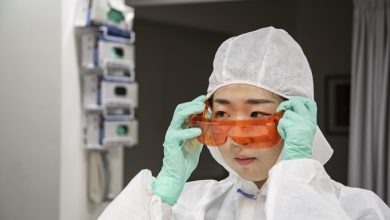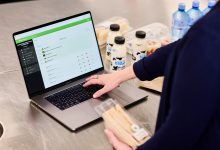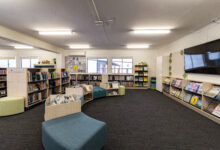COVID gives us a chance to rethink traditional end-of-school exams, and move into the 21 century
Victoria and New South Wales are in a scramble to plan for end-of-school exams.
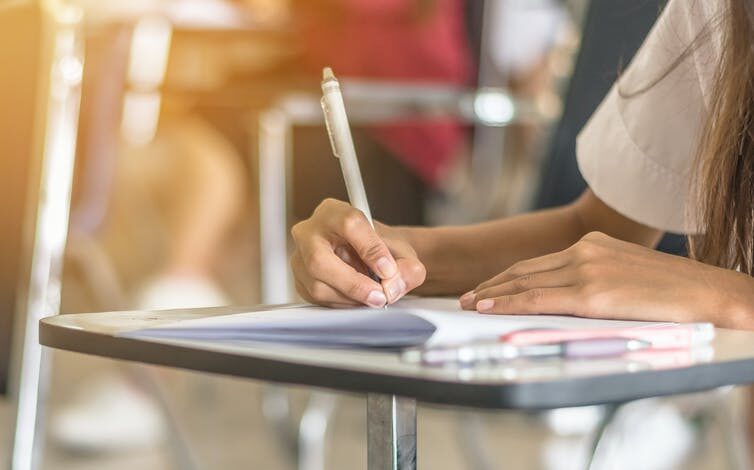
Vaccination targets may not be hit in time (for students or teachers), and there are other issues too — such as kids having missed weeks of face-to-face schooling.
NSW has postponed its HSC (Higher School Certificate) exams until November. And while Victoria postponed its General Achievement Test, it has made no changes to its HSC equivalent, the VCE.
Some critics believe postponing exams isn’t enough, and are calling on states to eliminate end-of-school exams altogether.
Both states have special consideration policies put in place for scores impacted by COVID, but is this enough? And does this unique circumstance give us an opportunity to change the way end-of-school assessments are done?
Two schools of thought
Opinions around this year’s exams fall into two main schools of thought.
The first is that year 12 students deserve to finish what they started. We have spent 12 years convincing them of the importance of this milestone. Many students are anxious, if exams are cancelled, their pathway to university and beyond will be jeopardised by using only their prior track records. Some students are advocating keeping exams for all these reasons.
The alternate school of thought is that we’ve known for years end-of-school exams can cause debilitating stress for many young people. The extraordinary pressure of the process has tipped over the breaking point this year with so much time missed in schools.
So we should take the pressure off our kids and work with vocational education and training providers, and universities, to accommodate them.
There have always been alternative pathways to university and they have been expanding in recent years. We can use those already existing pathway which include subject-specific recruitment schemes, principal recommendations and portfolio entry.
There is already enough data in a student’s record to make an informed decision and allow admissions officers to move forward without this year’s exams. Perhaps we can even look toward eliminating them into the future with more lead time to do the calculations.
What is the rest of the world doing?
End-of-school exams were cancelled this year due to pandemic restrictions in the United States, France, Belgium, Ireland, the Netherlands and Germany. Exams were modified in Denmark, Israel and Austria, while Italy held oral only exams.
The United Kingdom cancelled its A-level exams for the last two years and, in Finland, students were allowed to sit their university entrance exams multiple times.
Most Asian countries have postponed their exams. Many pundits in Western countries are advocating for a major change to the high-stakes assessment process, noting universities adjusted their entry criteria in the first year of the pandemic and coped just fine.
What are Australia’s options?
Australian educational leaders and policy makers have three distinct options:
1. Keep the system we have and continue to improve it
The first option – supported by most education ministers and regulators in states and territories – is that our exams and curriculum are built on a high degree of excellence and rigour. They have been honed by years of experience and completed by millions of students.
Continuing to improve the assessments and the curriculum that feeds them will ensure high standards and credibility for excellence rather than promoting a “lowering of the bar”. Over time, we can evolve new courses and assessments, incorporating more technology-based assessments as they are tested and validated for the high-volume administrations of state exams.
2. Add a learner profile to the current system
A second option – that of “learning profiles” – is based on the idea we need to expand the skills we value in young people, beyond those in traditional academic subjects. Skills of the future include critical thinking, problem-solving and collaboration.
Digital platforms are being developed to house evidence of student engagement in the community and to store non-traditional forms of learning (including video and other media) in online tools, creating a learner profile to represent these authentic learning experiences. NSW says it will be trialling this next year, creating an “education passport” for students.
3. Transform the system with new designs for schooling and assessment
The Catholic Education Diocese of Parramatta is transforming the use of student progress data over the school years. Think of the dashboard of a car that has multiple dials and indicators and imagine using that same approach to aggregate data about students and their learning journeys.
These tools can reliably forecast student performance, allowing us to adjust our interventions to promote student success. With the use of predictive analytics, rather than waiting for end-of-school exam results, we can help students boost their future trajectories through immediate support and interventions.
The Paramatta Education Diocese is in the early days of re-designing its schools to promote personal pathways and allow students to align their passions to their emerging skillsets.
Stemming from a concept of “leaving to learn” Big Picture Learning Australia — a not-for-profit company transforming traditional education – features internships centred around the passions of students as the core of the secondary experience. Teachers run advisories that allow for transdisciplinary learning in lieu of traditional classes, all mapped to the syllabuses of the key curriculum learning areas.
Around 40+ schools across the country are in partnership with this model. Students develop portfolios of their learning to document their journeys, organising their projects and assignments to critical learning outcomes which are assessed in a cloud-based learner credential. Nearly 20 Australian universities already accept these portfolios and the credentual for admission in lieu of end-of-school exams.
Our education system is built on 20th century (or earlier) designs of teaching, learning and assessment. COVID gives us the chance to do what we could have done already — move forward with a modern assessment model based on our current knowledge of learning. The goal is for all our children to discover and reach their potential.![]()

